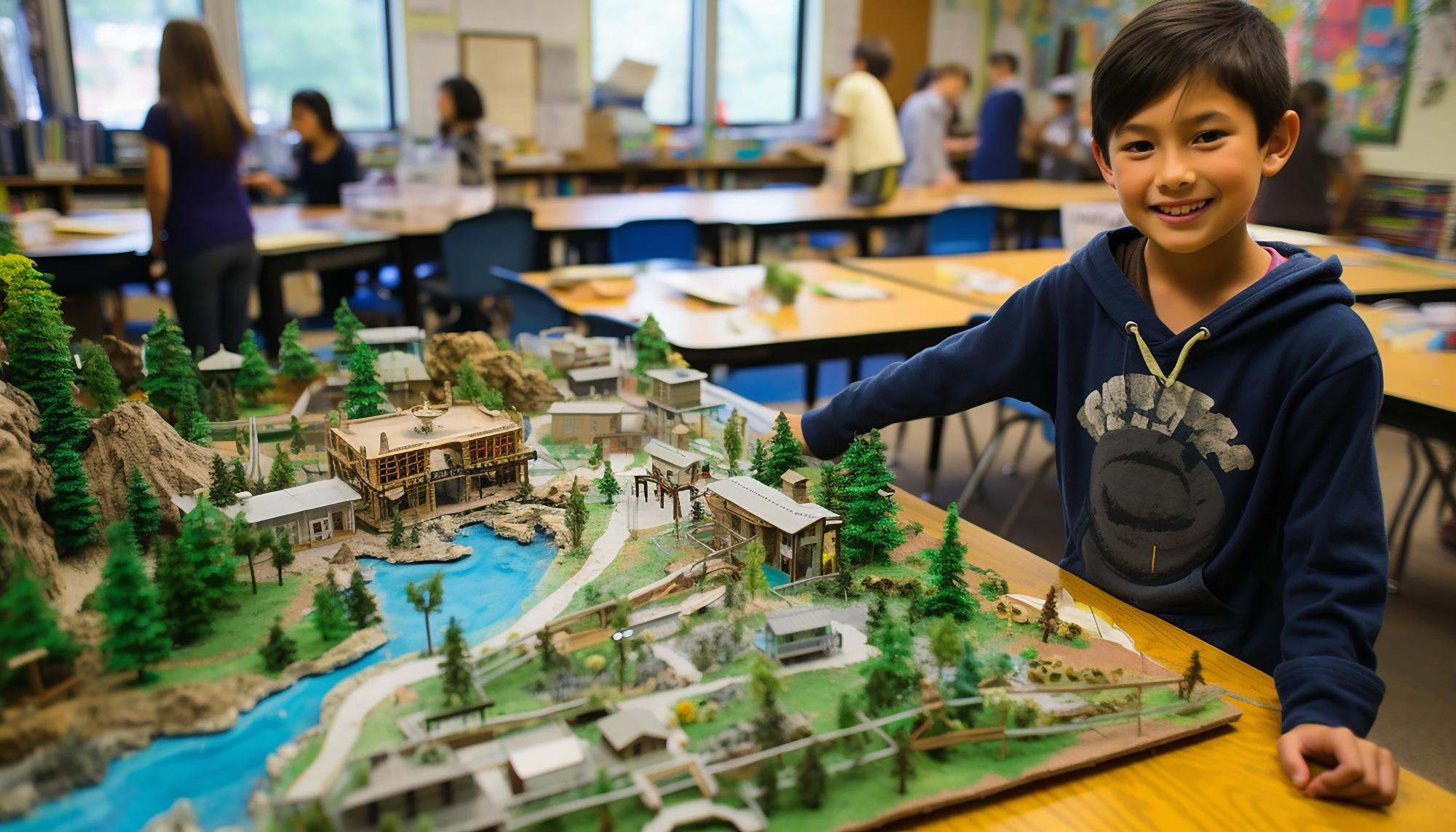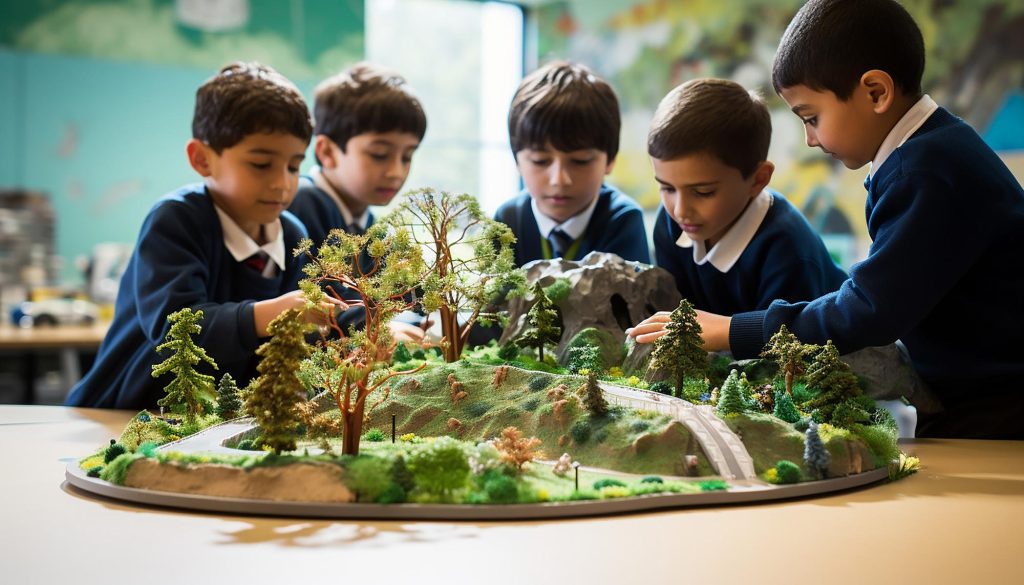Schools as Ecosystems of Identity Beyond Marks and Certificates
When we think about schools, the first images that come to mind are classrooms, textbooks, exams, and certificates. Yet, a school is much more than just a place of learning facts. It is an ecosystem of identity, shaping how students see themselves, their future, and their role in society. For students in Grades 8 to 10, this phase of life is not only about scoring marks but also about developing confidence, resilience, creativity, and individuality.
Why Schools Are More Than Just Marks
Marks and certificates reflect academic achievement, but they often overlook other vital aspects of growth. A student who excels in arts, music, leadership, or problem solving may not always shine in exams, yet their potential is enormous. Schools must act as ecosystems that nurture identity, where every student feels valued for more than their scores.
- Academic results measure knowledge but not character
- Certificates validate achievements but not passions
- Real education goes beyond classrooms and into daily life
Identity Formation in School Years
Adolescence is a critical period of identity formation. During Grades 8 to 10, students are exploring who they are and where they belong. Schools can influence this journey positively by providing opportunities to build a balanced self-image.
How Schools Shape Identity
- Through the values taught by teachers and role models
- By encouraging participation in extracurricular activities
- By fostering inclusivity and respect for diverse talents
- Through guidance on career exploration and personal growth
The Role of Teachers and Parents
Teachers and parents play a central role in creating an environment where identity development goes hand in hand with academics. Instead of asking students only about marks, we should ask about their interests, dreams, and challenges. By doing so, we encourage them to think about their unique place in the world.
Practical Steps for Teachers
- Integrate life skills and value based education in lessons
- Celebrate diverse talents through school exhibitions, debates, or talent fests
- Provide mentorship and career guidance sessions
Practical Steps for Parents
- Encourage curiosity and exploration beyond textbooks
- Avoid comparing children only on academic scores
- Discuss long term goals, not just upcoming exams
Beyond Certificates: Skills That Matter
Certificates are important records, but they do not capture essential skills that shape a student’s future. In today’s world, employers and universities increasingly value soft skills like communication, teamwork, adaptability, and problem solving.
Examples of Skills Beyond Certificates
- Creative thinking and innovation
- Resilience in handling challenges
- Emotional intelligence and empathy
- Leadership and collaboration

Schools as Ecosystems of Growth
To truly serve students, schools must act as ecosystems where identity and learning thrive together. Just as ecosystems in nature depend on balance, schools must balance academics with creativity, individuality, and emotional development.
One approach is to integrate sustainability education into school activities, teaching students about responsibility toward the environment alongside their career goals. Similarly, introducing practices from global educational leaders like UNICEF or OECD can guide schools toward more holistic learning systems.
Linking Identity to Career Choices
Students in Grades 8 to 10 often face pressure to choose career paths early. If career choices are based only on marks, students risk missing opportunities that align with their real strengths and passions. Schools can empower students by offering career counseling and identity building programs that highlight a wide range of possibilities.
For example, students should be introduced to hidden opportunities in emerging industries, arts, and sciences that may not be reflected in traditional marks based evaluation. This ensures that identity and career pathways are aligned.
How Schools Can Implement Identity Ecosystems
1. Encourage Self Reflection
Allow students to journal, engage in group discussions, and reflect on their experiences. Self awareness is the first step in identity building.
2. Provide Exposure
Organize workshops, field trips, and mentorship sessions with professionals from different fields. Exposure helps teens understand real world contexts beyond exams.
3. Build Emotional Support Systems
Introduce counseling services in schools where students can seek guidance without fear of judgment. Emotional health is essential for identity formation.
4. Reward Holistic Achievements
Acknowledge not just exam toppers but also students who demonstrate creativity, teamwork, or social impact. This motivates others to explore different dimensions of their identity.
Conclusion
Schools are not factories producing certificates but ecosystems nurturing identities. Marks matter, but they should not overshadow the broader purpose of education which is to prepare young minds for life. By encouraging reflection, exposure, and emotional growth, schools can create environments where students not only succeed in exams but also thrive as individuals.




